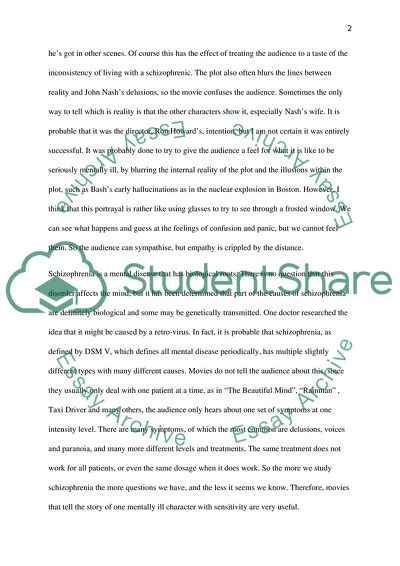Cite this document
(The Drama of Mental Illness Term Paper Example | Topics and Well Written Essays - 2250 words, n.d.)
The Drama of Mental Illness Term Paper Example | Topics and Well Written Essays - 2250 words. https://studentshare.org/visual-arts-film-studies/1804594-how-movies-depict-or-portray-mental-illnesses
The Drama of Mental Illness Term Paper Example | Topics and Well Written Essays - 2250 words. https://studentshare.org/visual-arts-film-studies/1804594-how-movies-depict-or-portray-mental-illnesses
(The Drama of Mental Illness Term Paper Example | Topics and Well Written Essays - 2250 Words)
The Drama of Mental Illness Term Paper Example | Topics and Well Written Essays - 2250 Words. https://studentshare.org/visual-arts-film-studies/1804594-how-movies-depict-or-portray-mental-illnesses.
The Drama of Mental Illness Term Paper Example | Topics and Well Written Essays - 2250 Words. https://studentshare.org/visual-arts-film-studies/1804594-how-movies-depict-or-portray-mental-illnesses.
“The Drama of Mental Illness Term Paper Example | Topics and Well Written Essays - 2250 Words”. https://studentshare.org/visual-arts-film-studies/1804594-how-movies-depict-or-portray-mental-illnesses.


